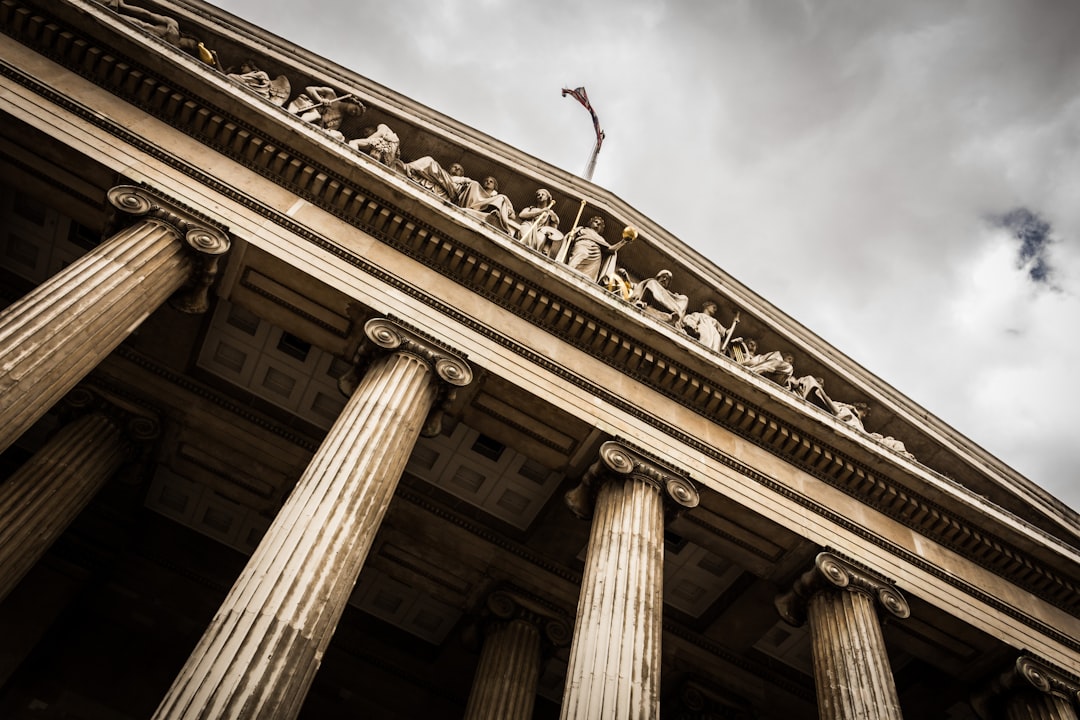DNA evidence is a powerful tool in sexual assault cases, but its effectiveness depends on strict handling and expert analysis. In Austin, TX, sexual assault lawyers play a vital role by ensuring proper collection, storage, and interpretation of DNA evidence to protect clients' rights and achieve fair outcomes. They navigate the complexities of DNA testing, address potential contamination issues, and stay updated on advancements in DNA technology for robust legal representation.
In Austin, Texas, challenging DNA evidence in sexual assault cases is a complex and crucial aspect of criminal defense. This article delves into the understanding and limitations of DNA testing, highlighting its role as a double-edged sword. We explore challenges including contamination, misinterpretation, and outdated technology, especially relevant in the fast-paced digital era. An experienced sexual assault lawyer in Austin plays a vital part in navigating these complexities. By examining common issues with DNA evidence in local courts, we empower victims to protect their rights and ensure justice is served.
Understanding DNA Evidence in Sexual Assault Cases
DNA evidence has become an integral part of criminal investigations, including sexual assault cases in Austin, TX. As a powerful tool to establish guilt or innocence, it can provide irrefutable proof and help secure just convictions. However, understanding how DNA works in these scenarios is essential for both legal professionals and victims seeking justice. A sexual assault lawyer in Austin TX can guide individuals through this complex process, ensuring their rights are protected.
In sexual assault cases, DNA evidence is typically collected from various sources such as bodily fluids, hair, skin cells, or clothing fibers at the crime scene. Experts analyze these samples to create a DNA profile, which is unique to each individual. This scientific data can link a suspect to the crime or exonerate an innocent person. However, challenges may arise due to potential contamination, degradation of evidence over time, or human error during collection and handling, which is why having a knowledgeable lawyer by your side is crucial.
Challenges and Limitations of DNA Testing
DNA testing is a powerful tool in sexual assault investigations, but it’s not infallible. One of the main challenges lies in the potential for contamination during collection or storage, which can lead to inaccurate results. Even minor cross-contamination from previous samples or handling errors can compromise the integrity of DNA evidence, making it unreliable in court.
Another limitation is the interpretation of results. While DNA can link a suspect to a crime scene, it cannot prove guilt beyond a reasonable doubt. Experts must carefully analyze and explain the data, considering statistical probabilities and potential sources of error. Sexual assault lawyers in Austin, TX often scrutinize DNA evidence closely, ensuring its admissibility and accuracy to protect their clients’ rights.
The Role of an Experienced Sexual Assault Lawyer in Austin
When facing sexual assault charges in Austin, Texas, having an experienced and knowledgeable sexual assault lawyer Austin TX can make all the difference. These legal professionals are experts in navigating complex criminal cases, particularly when it comes to challenging DNA evidence. They understand the intricacies of DNA testing procedures and can scrutinize the collection, handling, and interpretation of this evidence to ensure fairness and accuracy.
An accomplished sexual assault lawyer will employ various strategies to protect their client’s rights. They may question the reliability of the DNA evidence, challenge its admissibility in court, and explore alternative explanations for any inconsistencies. By providing a robust defense, these lawyers aim to secure the best possible outcome for their clients, ensuring that justice is served while safeguarding the rights of the accused.
Common Issues with DNA Evidence in Austin Courts
DNA evidence, while considered highly reliable in many criminal cases, often faces challenges in Austin sexual assault trials. One of the primary issues is the potential for contamination during collection and handling. As DNA samples are delicate, any mishandling or improper storage can lead to degradation or introduction of foreign genetic material, compromising the integrity of the evidence. This is particularly concerning in cases where the sample’s age or condition already raises doubts about its accuracy.
Furthermore, interpretation of DNA results requires expert knowledge and careful analysis. Misinterpretation or failure to account for statistical probabilities can lead to false positives or negatives. In sexual assault cases, these errors can have devastating consequences, either freeing an innocent person or failing to convict the guilty. Thus, it’s crucial for Austin sexual assault lawyers to thoroughly scrutinize DNA evidence and consult with qualified experts to ensure the accuracy and reliability of results in their clients’ favor.
Protecting Rights: Navigating DNA Evidence for Victims in Austin TX
In Austin, Texas, victims of sexual assault often face a complex and challenging legal landscape when seeking justice. One crucial aspect that has gained significant attention is the proper handling and interpretation of DNA evidence. As a sexual assault lawyer in Austin TX knows, this type of evidence can be both a powerful tool and a double-edged sword for victims’ rights.
Protecting the rights of survivors involves meticulous navigation through the legal process surrounding DNA testing. It ensures that the integrity of the evidence is maintained, and any potential contamination or mishandling is promptly addressed. Austin sexual assault lawyers play a vital role in guiding clients on their rights, ensuring they receive adequate representation, and protecting their interests throughout the legal proceedings. This includes staying informed about advancements in DNA technology and methodologies to present the most robust case for their clients.






